advertisement
Five major Google products that might not live to see 2030
If you follow Killed by Google, it’s been a busy decade. No fewer than 150 apps and services have met…
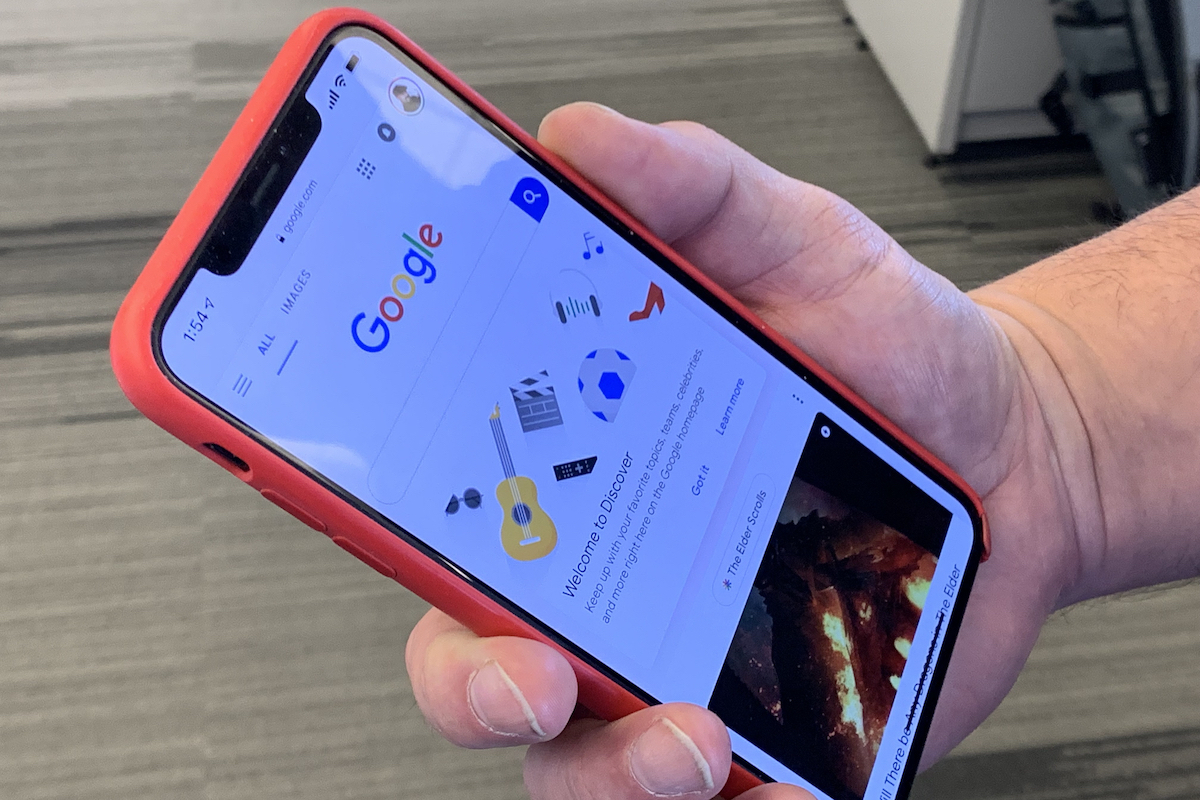
If you follow Killed by Google, it’s been a busy decade. No fewer than 150 apps and services have met their demise over the past 10 years, with some popular ones still extremely fresh in our memories. Just this year we waved goodbye to Inbox, Google+, and Allo. While technically still open, Hangouts will officially close its digital doors in June.
The 2020s might bring even greater carnage. With many of Google’s ancillary apps and services already in the graveyard, it stands to reason that some big-name products will get the ax over the next 10 years, as the landscape shifts away from traditional devices and new trends begin to emerge. Here are five major Google products that might not be around this time next decade.
Android TV
We nearly waved goodbye to Android TV this decade. After years of stagnation and the death of the Nexus Player, Android TV finished the decade on a high note, with an Android 10 update and a new developer-focused streaming media device. However, that might not be enough to save it. Android TV already lags behind Apple, Amazon, and Roku in the living room. There’s no reason to believe that gap is going to close by the end of 2029.
advertisement
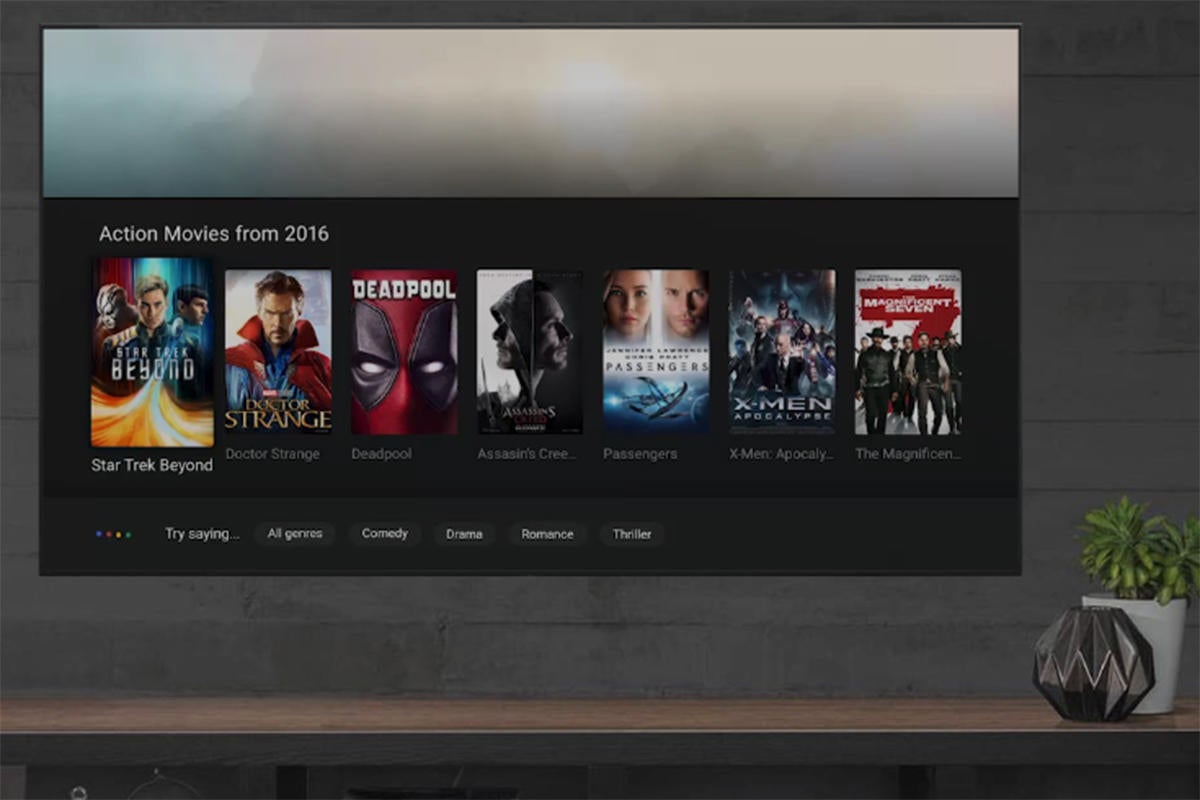 GOOGLE
GOOGLE
Mind you, I don’t think Google is going to be giving up on its TV ambitions—I just don’t think the future is under the Android umbrella. Rather, I think Android TV will undergo a rebranding at some point this year as either a Chromecast or YouTube device, with a smarter interface and deeper Assistant integration. Chromecast already does most of what Android TV does, so it wouldn’t take much to merge the two platforms into a single, low-cost device that firmly positions Google as an entertainment leader.
Wear OS
Google might have technically gotten to the wrist before Apple, but Wear OS is still trying to figure out what Wear OS wants to be. In just five years, Google’s wrist-sized platform has undergone a name change, a major redesign, and an injection of Google Assistant, all to very little avail.
advertisement
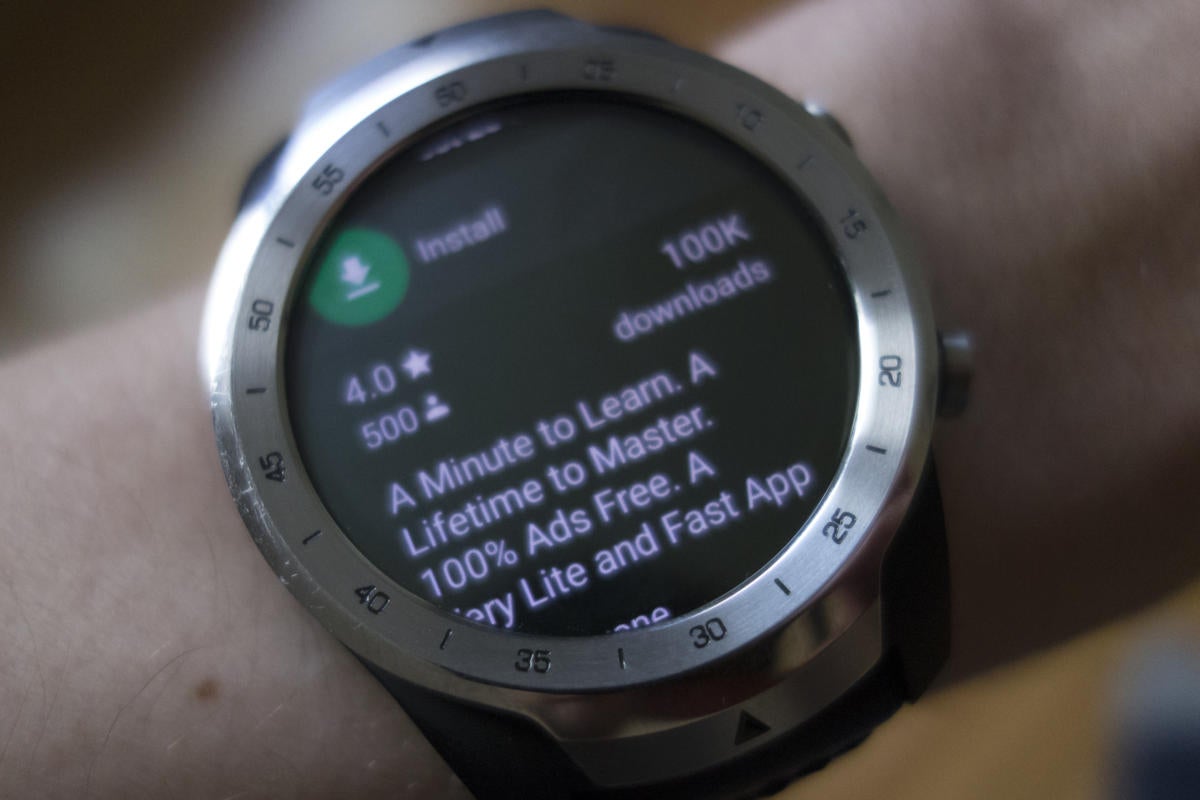 MICHAEL SIMON/IDG
MICHAEL SIMON/IDG
But Google is hardly giving up on building a wearable OS. I just don’t think Wear OS is going to carry the mantle. Now that Google is buying Fitbit, it’s extremely likely that a Made by Google wearable device will be making an entry within the next year or so. I’d be very surprised if it didn’t run a new OS that combines the best parts of Wear OS and Fitbit OS and finally delivers what Google promised with Android Wear all those years ago.
Google Voice
It’ll be a sad day when Google decides to pull the plug on Voice, but it’s basically inevitable at this point. With a web interface and RCS, Android Messages has gained many of the communication features that were once exclusive to Google Voice, making Google Voice mostly redundant except for, you know, the voice part.
advertisement
Google has another calling app that fits the bill. Since its introduction in 2015, Project Fi has evolved into a full-blown MVNO service. With 5G ready to blow up, Google Fi is poised to become a serious player in the wireless world—especially once it gains a free tier. At some point this decade, it seems likely that Google Voice will merge with Google Fi to create the best of both worlds: a great mobile network if you want to pay, and a carrier-free number if you don’t.
Chrome OS
I know, it’s crazy to think that Google would ever consider dumping its desktop operating system, but Chrome OS might be reaching the limits of what it can do. Android apps via the Play Store haven’t really panned out, and high-end devices like the Pixelbook don’t get to show off their full power with such a lightweight operating system.
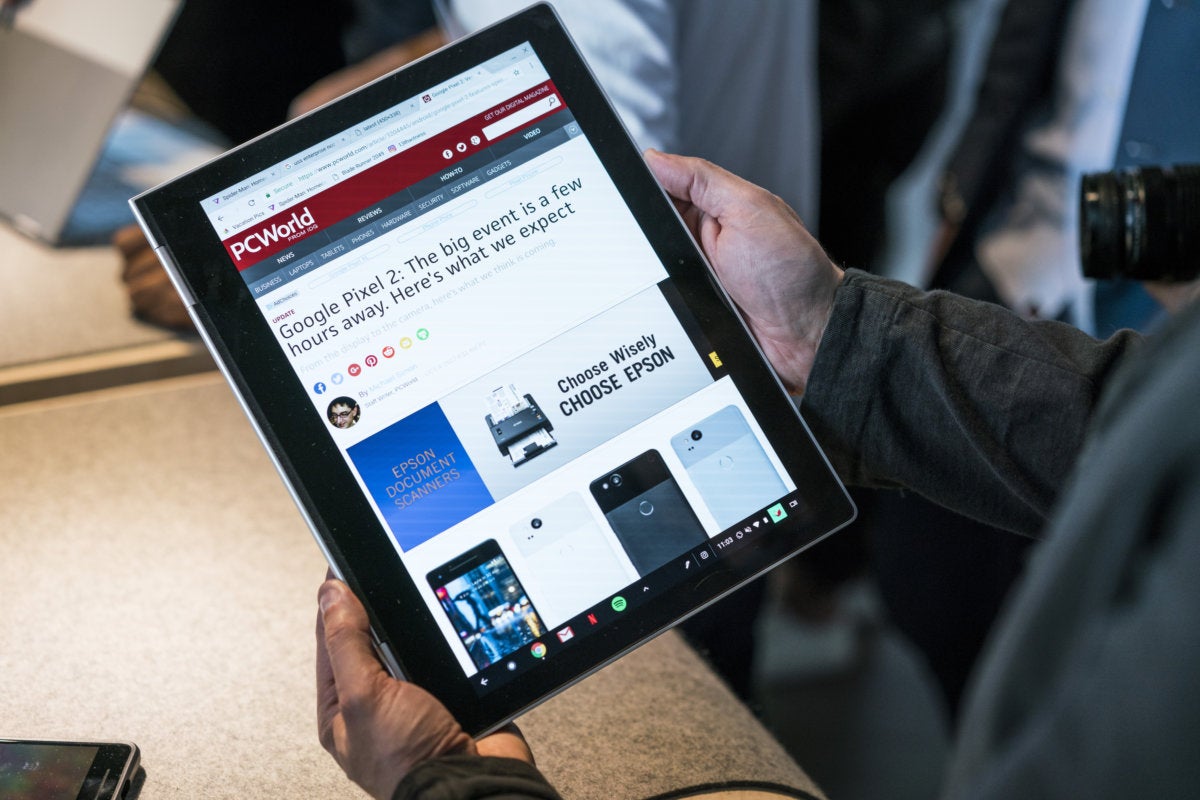 ADAM PATRICK MURRAY
ADAM PATRICK MURRAY
However, the 2020s could bring major changes to Chrome OS. Google has made no secret of its ambitions for its Zircon-based next-gen OS, code-named Fuschia. We don’t know too much about the open-source project, but it has the potential to be a game-changer, so much so that a simple Chrome update wouldn’t do. Rather, I think Fuscia will replace Chrome OS with Google OS, a platform that’s modern, powerful, and adaptable OS and able to grow and evolve with the Chromebook.
Pixel phones
When Google launched the original Pixel phone in 2016, it was a high-priced utilitarian vessel that got the latest Android updates and features before any other phone. Four versions later, Google is still delivering on that promise—including the launch of a stellar low-cost model—but the Pixel hasn’t been the breakout hit it was supposed to be.
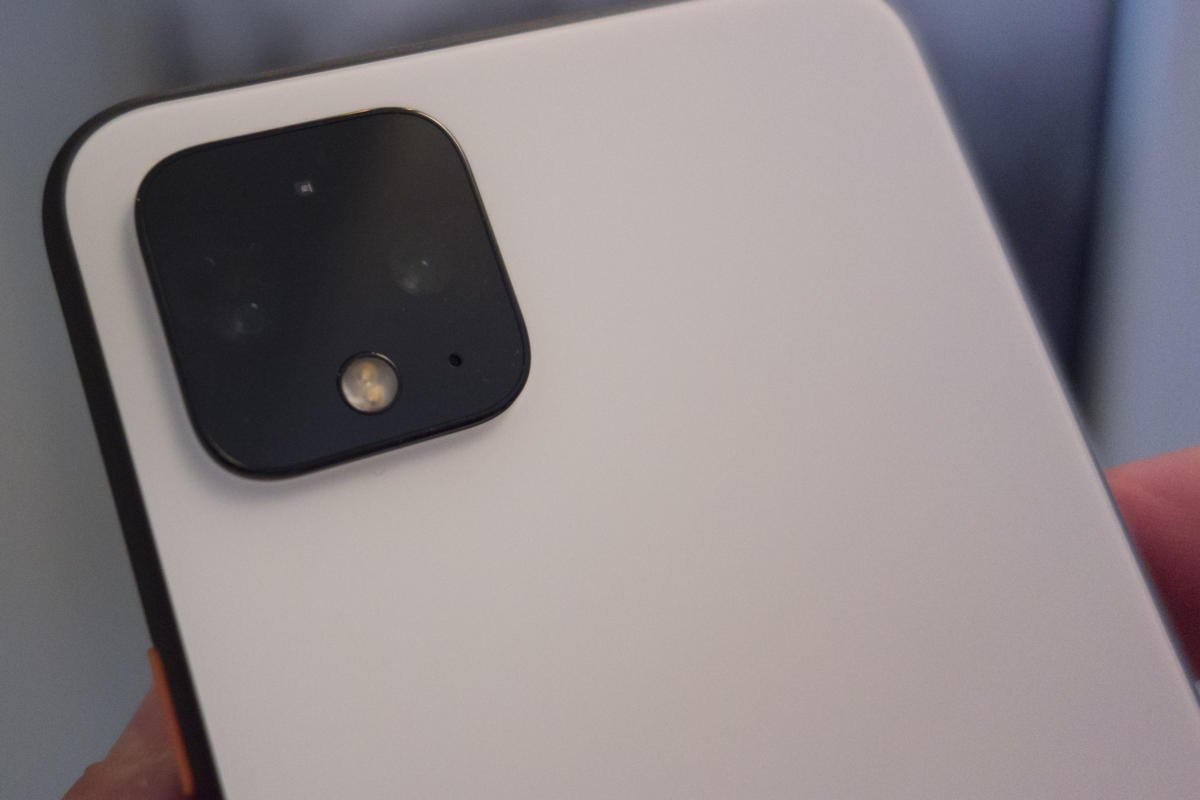 MICHAEL SIMON/IDG
MICHAEL SIMON/IDG
I don’t think the Pixel is in any immediate danger, but I’d be very surprised if Google were still making them when 2029 comes to a close. I don’t necessarily think it’ll be a result of apathy or poor sales, either. Rather I think the 2020s will bring a new direction, as Google transforms the Pixel from just another hunk of pocketable glass into a true hub for everything Google does, breaking free from its handset confines.